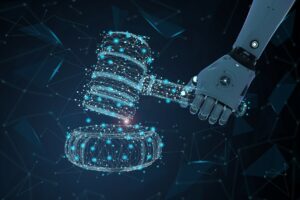Introduction
The term ‘escrow’ often brings to mind real estate transactions, wherein title companies typically assume fiduciary responsibilities. While this is a common application in many jurisdictions, thinking of escrow only in the context of real estate is a misconception. To limit the application of escrow to solely real estate is to misunderstand its broader utility in legal arrangements. Indeed, escrow arrangements find their relevance in various transactions, with their significance becoming particularly pronounced in Intellectual Property (IP) matters, especially those pertaining to software licensing within Artificial Intelligence (AI) contracts.
Understanding Escrow Principles
Embedded within contract law principles, escrow’s function is to act as an intermediary safeguard. Specifically, it represents a mechanism by which a disinterested third party retains possession of an asset or document until the fulfillment of delineated contractual conditions.
In an Escrow Agreement context, one observes a tripartite arrangement encompassing the principal obligor, the principal obligee, and the escrow agent. The fiduciary obligations of the escrow agent necessitate the retention of a designated asset or funds in trust, herein referred to as the escrow. The said assets or funds are released to the intended party based solely on the satisfaction of pre-established contractual conditions.
Those acquainted with real estate protocols within the United States would recognize the imperative of an Escrow Agreement in mitigating complexities and potential legal disputes. When one contemplates the conveyance of property, the purchaser’s financial consideration is customarily deposited in escrow. Such a protocol not only establishes the bona fides of the purchaser but provides the seller with an assurance of payment. The transaction is dependent upon the successful discharge of any preceding conditions, which may encompass, among other considerations, title verifications, mandated property evaluations, or essential repairs.
AI Technology and the Need for Escrow Provisions
With the proliferation of AI technology, additional legal considerations emerge. AI platforms, irrespective of their sophistication, remain susceptible to commercial uncertainties, such as unanticipated insolvency. In such scenarios, escrow provisions provide a safeguard, ensuring the licensee’s uninterrupted access to the IP, irrespective of challenges confronting the licensor.
Furthermore, considering the proprietary significance of software source codes, IP related to AI software is infrequently transferred directly to the licensee. Instead, these codes are consigned to an escrow agent. The subsequent release of this intellectual property from escrow hinges upon the licensee’s adherence to their contractual obligations, most frequently the execution of an agreed-upon financial transaction. Such a procedure diminishes the potential for breaches, thereby ensuring that the legal rights and interests of all parties remain sacrosanct.
Moreover, the role of data in AI necessitates additional legal considerations. Often, the datasets are foundational to the functional efficacy of AI systems. Recognizing their importance, an emerging consensus exists to extend escrow provisions to encompass not merely the source codes but also these critical datasets. Access to an AI platform’s source code without the accompanying dataset might compromise its operational efficacy. Thus, legal instruments must be astutely crafted to ensure that the AI source code and its corresponding datasets are comprehensively included in the escrow provisions.
As the integration of AI expands across almost all sectors, the concomitant legal framework demands both foresight and adaptability. Contracts tailored for AI must reflect the continuous evolution of the domain, cognizant of the multifaceted legal implications inherent to AI. Both licensors and licensees are responsible for remaining informed of this dynamic landscape, formulating Escrow Agreements that are both exhaustive and precise, addressing the symbiotic requirements of source code and data. Such contractual arrangements should be underpinned by rigorous legal principles, ensuring the rights and interests of all concerned entities are uncompromisingly protected.
Beyond the proprietary issues typically contained within AI source codes, the cardinal role of data in AI operations warrants meticulous legal scrutiny. More often than not, such datasets constitute the underpinning element dictating the operational efficacy of AI instruments. Thus, acknowledging the pivotal role of data resulted in a legal mandate to broaden escrow provisions to include not merely the source codes but the indispensable datasets concomitantly. Access to an AI tool’s source code, in the absence of its concomitant dataset, risks rendering the tool operationally enervated. Hence, the contractual instruments must be diligently framed to encapsulate the AI source code and its integral datasets within the scope of escrow stipulations.
As AI insinuates itself across diverse industrial sectors, the accompanying legal architecture demands a blend of prescience and agility. Contracts tailored for AI must exhibit dynamism, mirroring AI’s ceaseless innovations and multifaceted legal ramifications.
The onus falls upon both licensors and licensees to stay abreast of this evolving landscape. They are duty-bound to negotiate and crystallize comprehensive escrow arrangements, addressing source codes and attendant data’s intertwined imperatives. Such contracts should be buttressed by stringent legal tenets that zealously safeguard the prerogatives and equities of all stakeholders.
Conclusion
The confluence of AI and escrow in contracts epitomizes the legal profession’s resolve to navigate the complexities introduced by technological advancement. As AI further entrenches itself within global socio-economic matrices, the salience of escrow provisions in AI contracts will increase. It behooves all AI sector participants to fortify their endeavors with robust contractual safeguards that resonate with the complex dynamics of our digital age.
WHAT CAN WE DO TO HELP?
Please do not hesitate to contact us if you have any queries or need practical advice on any virtual asset transaction or how to start a business in this industry in Dubai, the UAE.
- [email protected]
- Key Contact Mrs. Malak Trabelsi Loeb, Trabelsi Loeb Legal Consultants
- [email protected]
Disclaimers:
Please note that the information provided in this article does not constitute legal, tax, business, or investment advice regarding the suitability, value, or profitability of any specific portfolio, security, or strategy. Neither this website, its owners, nor our affiliates shall be held liable for any errors or inaccuracies in the content nor for any actions taken by readers in reliance on the information provided.
It is essential to understand that your use of the information within this article is entirely at your own risk. To the fullest extent permitted by applicable law, this website, its parent company, its subsidiaries, its affiliates, and their respective owners, shareholders, directors, officers, employees, agents, advertisers, content providers, and licensors will not be held liable, jointly, or severally, for any direct, indirect, consequential, special, incidental, punitive, or exemplary damages. This includes but is not limited to lost profits, savings, and revenues losses, regardless of whether such damages arise from negligence, tort, contract, or any other theory of liability. Even if the parties have been advised of the possibility or could have foreseen such damages, it is important to carefully consider and evaluate the information provided in this article and consult with appropriate professionals regarding your specific circumstances.













